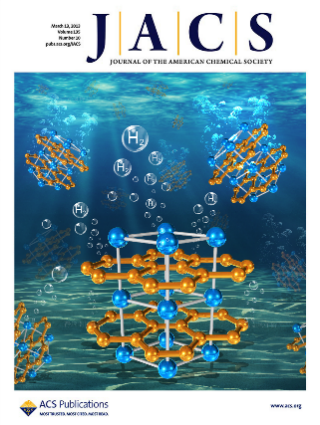By ZOU Xiaoxin's Group
Prof. Dr. Zou’s current research interest is in energy materials chemistry comprising the elucidation of the atomic basis for catalytic materials, the prediction and searching of efficient catalytic materials with novel crystal structures and the development of original materials design principles. The promise of a practically limitless supply of clean-burning hydrogen fuel from water spurs scientists to find catalysts that split water into hydrogen and oxygen.Platinum works well, but it’s expensive. MoS2 is a low-cost substitute, but it tends to work best at current densities such as 10 mA/cm2 that are too low for large-scale industrial applications. Recently, Zou and his cooperators have come up with a nonprecious, highly active alternative: the α phase of MoB2. The material consists of 2D graphene-like boron structures—borophene units—inserted into a metallic 3D molybdenum framework. α-MoB2 has been shown to outperform MoS2 and even outperforms Pt/C reference catalysts, readily delivering current densities in the order of 1,000 mA/cm2. This work was published in the journal JACS (JACS, 2017, 139, 12370) and highlighted by the Chemical & Engineering News.



